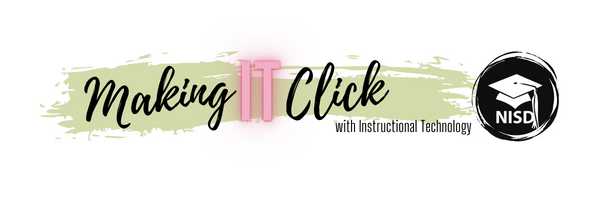Athena, Hades, & Zeus... oh my! What's better than a fun online game? One that is fun, educational, and created by students.
Eaton High School Computer Science and English students have been working together on a cross-curricular project to create an educational game to learn Greek Mythology. English students supplied details of several gods and goddesses they learned in class, including storylines, attributes, strengths, weakness, etc. to Computer Science students, who are using their Java programming skills to create an educational game. The goal of the game is for players to learn about Greek Mythology characters, advancing up multiple levels based on the players' demonstrated knowledge of each character.
Students are facilitating this project in Google Drive and used Google Folders to organize the content, planning documents, resources, graphics, and student-created video progress updates. As the "customers", English students and their teacher were able to collaborate in Google Docs to model a real-world game design contract to ensure all parties were in agreement on the details of the final product before any coding began. Now that the Computer Science students are in development phase, with a project manager, coding team leader, and graphics team leader, all ensuring the details of the project are progressing smoothly. One of the most powerful components of this project is the series of progress videos that students create. A portion of one of these videos is below:
This project is still ongoing, so the game is not yet complete. This short screencast shows the look and feel of the game thus far:
Not only is this project fun and educational, students are also demonstrating several technology skills they are expected to possess in order to be future ready learners, including:
- Creativity & innovation: Students demonstrate creative thinking, construct knowledge, and develop innovative products and processes using technology.
- Critical thinking, problem solving, & decision making: Students use critical thinking skills to plan and conduct research, manage projects, solve problems, and make informed decisions using appropriate digital tools and resources.
- Communication & collaboration: Students use digital media and environments to communicate and work collaboratively, including at a distance, to support individual learning and contribute to the learning of others.
#WillCodeForDonuts

No comments:
Post a Comment
Note: Only a member of this blog may post a comment.